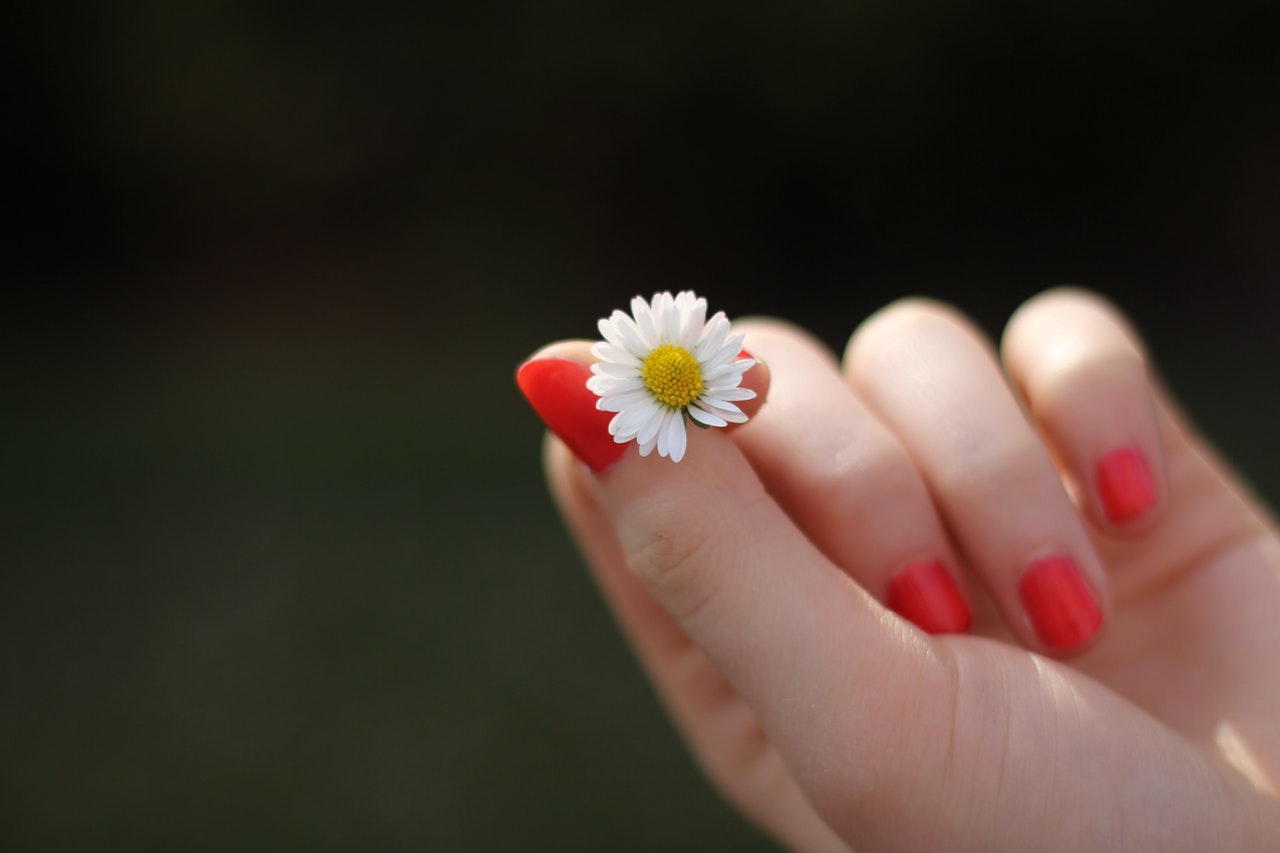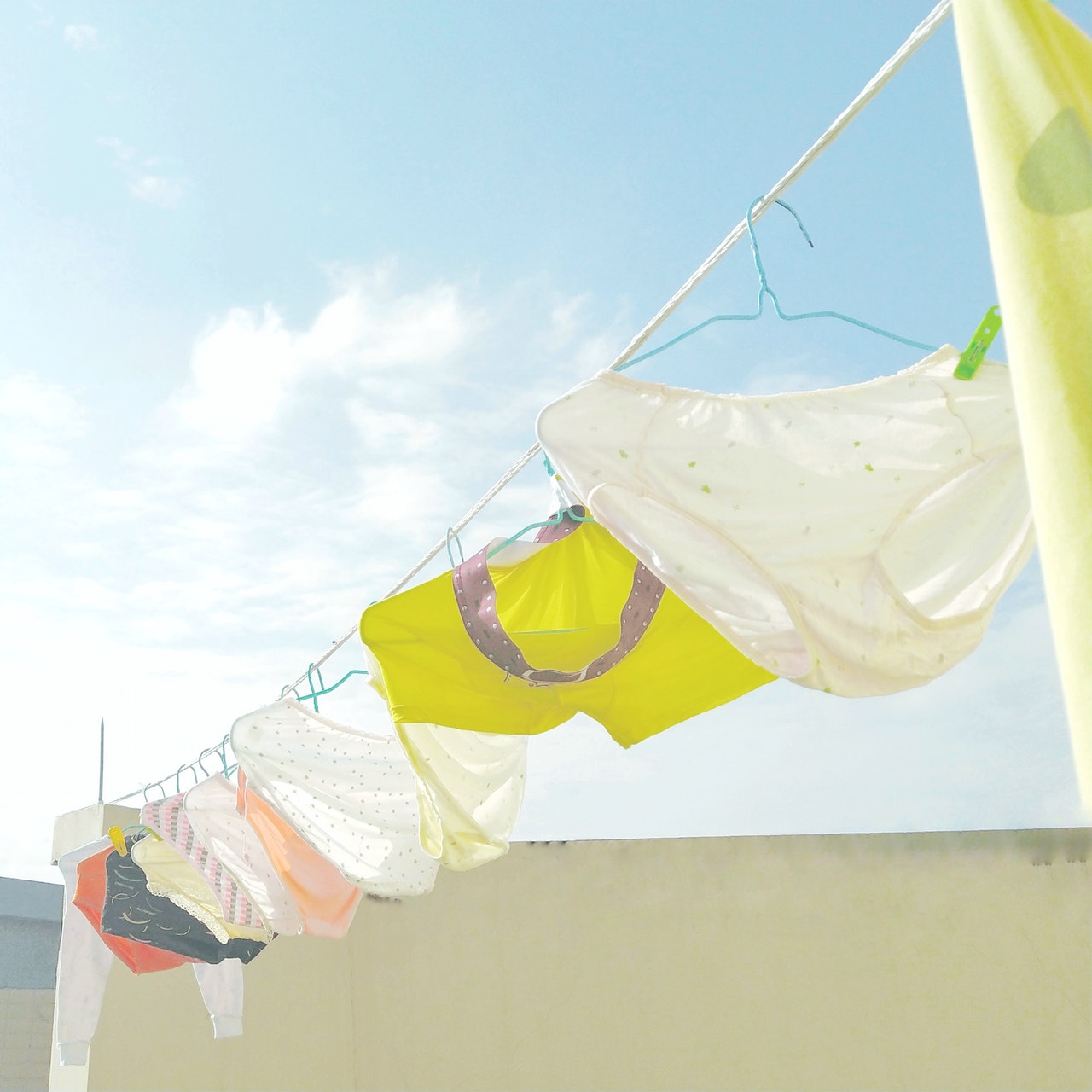6 Rules for a Happy and Healthy Vagina

When it comes to your love button, it should be placed high on your priority list to keep happy and healthy. Unfortunately, there are a lot of things that can make your vagina not so happy. However, you can get back on her good graces if you make certain adjustments to your life. Generally, your overall health can have a huge effect on your vaginal health. Today we’ll be focusing on some rules to follow to make sure you continue to stay happy and healthy down there! Also, if you have been interested in learning more about vaginal rejuvenation but haven’t learned enough to make the plunge, keep reading! We at Ageless Forever are here to help!
Meet the Ageless Forever team of Las Vegas!
6 Rules for a Happy and Healthy Vagina
1. Do not douche

Most doctors recommend not to douche, believe it or not. Although douching has been a popular method to wash your vagina, it can actually be harmful to it. Our vaginas naturally regulate the (good) floral bacteria and pH levels on their own.This good bacteria inside the vagina helps produce bacteriocins that kill invading bacteria. Douching changes the balance of the floral bacteria since it eliminates some of it, which interferes with the pH levels, leaving you vulnerable and more susceptible to infections and inflammation. You might be wondering about the odors...well, everyone’s genitals have different smells and there are some ways in your control that can affect the way yours smell, such as what you eat. For instance, eating pineapples has been known to create a sweeter smell down there, while eating asparagus has been known to do the opposite (with the effects varying from person to person).
2. Use unscented soap
You actually don’t need to wash your vagina (the inner canal inside your body), but it’s a good idea to wash your vulva (clitoris, clitoral hood, and vaginal lips) since it can cause odor. We suggest washing your vulva with warm water and mild soap using a clean washcloth or your hands. Try to avoid scented soaps, gels, and antiseptics when washing your genitalia area since they can also affect the ideal healthy bacteria and pH levels and can cause irritation. However, all women are different and some are able to wash with scented soaps without experiencing issues. We suggest washing that area daily to maintain good perineal hygiene. Avoid using feminine wash or spray products! These products are marketed to clean and fix bodily odors but are unnecessary, harmful, and can actually cause irritation to the vulva and vagina instead of helping it.
Related: How to Keep Menopause Symptoms Under Control
3. Always pee after sex

Urinating immediately or within 30 minutes after sex can be especially beneficial for women because it can flush unwanted bacteria out of the body, helping prevent a urinary tract infection (UTI). Women are significantly more prone to UTIs than men because the female urethra is located closely to the vagina and anus, where bacteria can easily spread to the urethra. The urethra is also shorter in females, making it easier for bacteria to head towards the bladder more easily. Peeing after sexual intercourse can help prevent bacteria from the genital area from traveling to your bladder. If you struggle with peeing after sex, drinking a glass or two of water prior might help. However, it is important to note that peeing after sex will not protect you from sexually transmitted infections (STIs) or pregnancy. Contact your doctor if you are experiencing any UTI/STI symptoms.
Related: 7 Ways to Boost Women’s Libido
4. Do not skip appointments with your gynecologist
It may be pretty nerve-wracking just thinking about being examined so closely down there, but it is important to schedule regular screenings even if you are seemingly symptom-free and not pregnant. Before you’re quick to avoid seeing your gynecologist only once every 3 years for the new pap-smear regulations, a yearly exam is helpful to bring up any concerns or health problems. Consult with your doctor to determine how often you should come in, depending on your personal and family history. Checking in with your gynecologist is a good way to make sure you are keeping up with your vaginal health.
5. Go with cotton underwear

Did you know that certain underwear fabrics are better for you than others? These unspoken rules can affect your vaginal health too. Natural fabrics - specifically cotton, is the best fabric of choice in terms of your underwear. Because the vulva is a sensitive and delicate area, it is important to treat it gently. Cotton is gentle, breathable, and absorbent on your lady parts, which can also help prevent yeast infections. Nylon, spandex, and other synthetic fabrics trap heat and moisture, which is the perfect environment for yeast infections to develop. You can also opt to go commando right before bedtime! Going to bed without a cloth barrier helps allow air circulation and prevents moisture from building, where bacteria loves to thrive. If you prefer wearing underwear, pair them with loose-fitted pajama bottoms is a great alternative to help allow your love box to breathe a little.
6. Practice kegel exercises
Many factors like being overweight, chronic coughing, surgery, pregnancy, childbirth, aging, or excessive straining from constipation weakens your pelvic floor muscles. Kegels are one of the exercises you should definitely not skip out on! Kegel are simple clench-and-release exercises that help strengthen your pelvic floor muscles - an exercise you can do anytime and anywhere! The pelvic floor muscles work to support the bladder, womb, and bowels. You can locate these muscles by trying to stop your urine mid flow. If these muscles are weak, the pelvic organs may sink into your vagina, causing extreme discomfort, possibly leading to urinary incontinence (involuntary urine leakage). It is good practice to empty your bladder before starting your kegels, and you can do them standing, sitting, or laying down. Begin by tensing the muscles for 3 seconds, relax, and repeat 10 times. Over time and consistency, people will generally notice improvement in muscle control.
Related: Discussing Women’s Sexual Health



